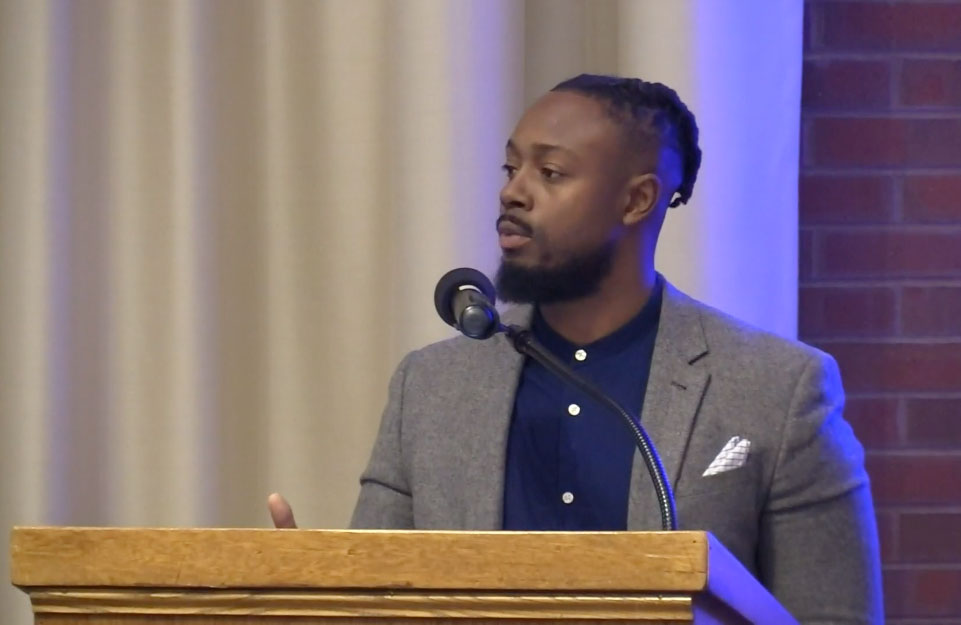Through innovative projects, cross-disciplinary conferences, and consultation on the ethical use and development of AI, the Iliff Artificial Intelligence Institute uses the lens of theology to explore the relationship between humans and machines and promote development of more responsible AI and more sustainable partnerships with technology.
One of the Institute’s projects, the 80/20 Dataset Initiative, seeks to combat the high rate of error exhibited by widely-used visual AI technology. Current facial recognition tools have been shown to have high accuracy on white faces but a high error rate on darker skin, which has resulted in false arrests of African Americans when used by law enforcement and other entities. In this new initiative, scholars are compiling an image database that better reflects the world’s actual population, which is 80% non-white, in the hopes that it can be used to audit and improve existing and future systems.
Another project is motivated by the perpetuation of racial norms in consumer AIs like Apple’s Siri and Amazon’s Alexa. Iliff Professor Philip Reed-Butler is currently developing Seekr, a distinctively Black AI mental health app that acts as a “contemplative companion” that, instead of pandering to its users’ whims, will “attempt to engage in realistic conversations with pushback, honesty, and compassion.”
Butler discusses his work on Seekr in this lecture from the 2020 Renewal Conference on the intersections of artificial intelligence with theological practice.
Sign up for updates
Explore Themes and Ideas













































